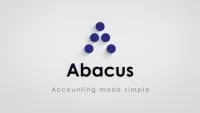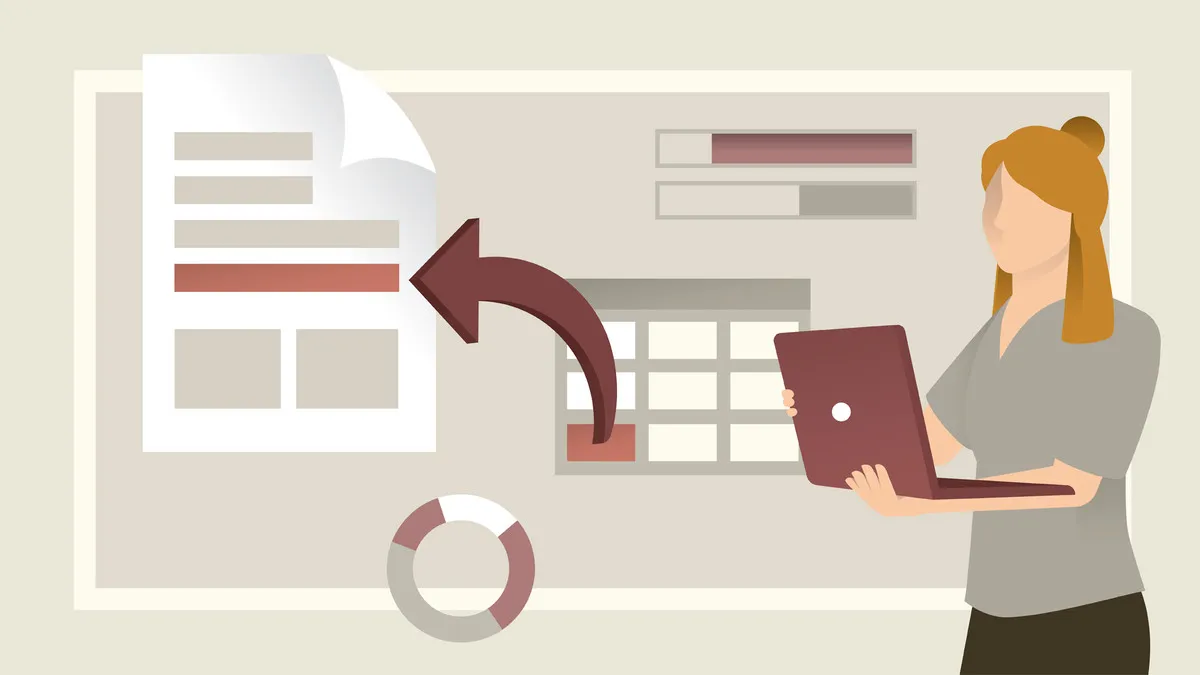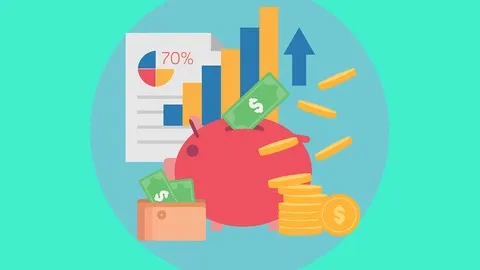
Abacus Auto Balance Accounting System 
This course provides an introduction to Abacus Auto Balance Accounting System. It covers topics such as bookkeeping, basic accounting, business ledgers, and balance sheets. Through online learning and skill training, students will gain a comprehensive understanding of the Abacus Accounting System and how to use it to manage their finances. ▼
ADVERTISEMENT
Course Feature
![]() Cost:
Cost:
Free
![]() Provider:
Provider:
Udemy
![]() Certificate:
Certificate:
No Information
![]() Language:
Language:
English
Course Overview
❗The content presented here is sourced directly from Udemy platform. For comprehensive course details, including enrollment information, simply click on the 'Go to class' link on our website.
Updated in [May 25th, 2023]
Abacus Auto Balance Accounting System is an online learning course designed to help learners gain the skills and knowledge necessary to become proficient in bookkeeping, basic accounting, business ledgers, and balance sheets. This course is ideal for those who are looking to gain a comprehensive understanding of the fundamentals of accounting and financial management. It provides an in-depth look at the various aspects of accounting, including the use of abacus accounting, auto balance systems, and other online tools. Learners will gain the skills necessary to accurately record and analyze financial data, as well as the ability to create and maintain accurate financial statements. Additionally, learners will be able to develop the skills necessary to effectively manage their finances and make informed decisions. This course is perfect for those who are looking to gain a comprehensive understanding of the fundamentals of accounting and financial management.
[Applications]
After completing this course, students should be able to apply the knowledge they have gained to their own businesses. They should be able to use the Abacus Auto Balance Accounting System to create and maintain accurate business ledgers and balance sheets. Additionally, they should be able to use the system to track and analyze financial data, as well as to create reports and forecasts. Finally, they should be able to use the system to make informed decisions about their business finances.
[Career Paths]
1. Bookkeeper: Bookkeepers are responsible for maintaining accurate financial records for businesses. They are responsible for recording and tracking all financial transactions, including purchases, sales, receipts, and payments. They also prepare financial statements, reconcile accounts, and provide other financial reports. With the increasing use of technology, bookkeepers are now able to use automated accounting systems, such as Abacus Auto Balance Accounting System, to streamline their work and increase accuracy.
2. Accountant: Accountants are responsible for analyzing and interpreting financial data to provide advice and guidance to businesses. They are also responsible for preparing financial statements, preparing taxes, and providing other financial advice. With the increasing use of technology, accountants are now able to use automated accounting systems, such as Abacus Auto Balance Accounting System, to streamline their work and increase accuracy.
3. Financial Analyst: Financial analysts are responsible for analyzing financial data to provide advice and guidance to businesses. They are responsible for researching and analyzing financial data, preparing financial reports, and providing other financial advice. With the increasing use of technology, financial analysts are now able to use automated accounting systems, such as Abacus Auto Balance Accounting System, to streamline their work and increase accuracy.
4. Business Analyst: Business analysts are responsible for analyzing and interpreting business data to provide advice and guidance to businesses. They are responsible for researching and analyzing business data, preparing business reports, and providing other business advice. With the increasing use of technology, business analysts are now able to use automated accounting systems, such as Abacus Auto Balance Accounting System, to streamline their work and increase accuracy.
[Education Paths]
1. Bachelor of Science in Accounting: This degree program provides students with a comprehensive understanding of accounting principles and practices. Students learn how to analyze financial data, prepare financial statements, and use accounting software to manage financial records. Additionally, they gain an understanding of taxation, auditing, and financial reporting. This degree is ideal for those looking to pursue a career in accounting or finance.
2. Master of Science in Accounting: This degree program provides students with an advanced understanding of accounting principles and practices. Students learn how to analyze financial data, prepare financial statements, and use accounting software to manage financial records. Additionally, they gain an understanding of taxation, auditing, and financial reporting. This degree is ideal for those looking to pursue a career in accounting or finance.
3. Master of Business Administration in Accounting: This degree program provides students with a comprehensive understanding of accounting principles and practices. Students learn how to analyze financial data, prepare financial statements, and use accounting software to manage financial records. Additionally, they gain an understanding of taxation, auditing, and financial reporting. This degree is ideal for those looking to pursue a career in accounting or finance, as well as those looking to pursue a career in business management.
4. Doctor of Philosophy in Accounting: This degree program provides students with an in-depth understanding of accounting principles and practices. Students learn how to analyze financial data, prepare financial statements, and use accounting software to manage financial records. Additionally, they gain an understanding of taxation, auditing, and financial reporting. This degree is ideal for those looking to pursue a career in accounting or finance, as well as those looking to pursue a career in research or academia.
Course Syllabus
The Concept of Double Entry
Accounts
The Recording of Transactions
Examples of T Account Transactions
Recording Conventions and the Trial Balance
Account Groupings
Accounting Statements
Financial Statements
Example of a Trading Account
Stock
Administering Stock
Control of Stock
Accounting Entries for Closing Stock
What is a Profit and Loss Account?
What is a Balance Sheet?
The Structure of a Bookkeeping System
Primary Books of Account
The Petty Cash Book
Journals
Value Added Tax
The Auto Balance ‘One-book’ Accounting System (ABACUS)
Pros & Cons

Clear and concise explanations

Easy to understand

Comprehensive for small business owners

Well structured and professional

Limited terminology

No introductory bookkeeping course

No line by line explanation

No downloadable segments
Course Provider

Provider Udemy's Stats at AZClass
Discussion and Reviews
0.0 (Based on 0 reviews)
Explore Similar Online Courses

School gardens for future citizens

Access Essential Training (Office 365) Online Class

Python for Informatics: Exploring Information

Social Network Analysis

Introduction to Systematic Review and Meta-Analysis

The Analytics Edge

DCO042 - Python For Informatics

Causal Diagrams: Draw Your Assumptions Before Your Conclusions

Whole genome sequencing of bacterial genomes - tools and applications

Goods and Service Tax in India : A Brief Introduction

The Basics of Business Accounting

Cost Accounting and Artificial Intelligence Tools: Part 1
 Related Categories
Related Categories
 Popular Providers
Popular Providers
Quiz
 Submitted Sucessfully
Submitted Sucessfully
1. What is the main purpose of an abacus auto balance accounting system?
2. What is the most important feature of an abacus auto balance accounting system?
3. Which of the following is not a feature of an abacus auto balance accounting system?


Start your review of Abacus Auto Balance Accounting System